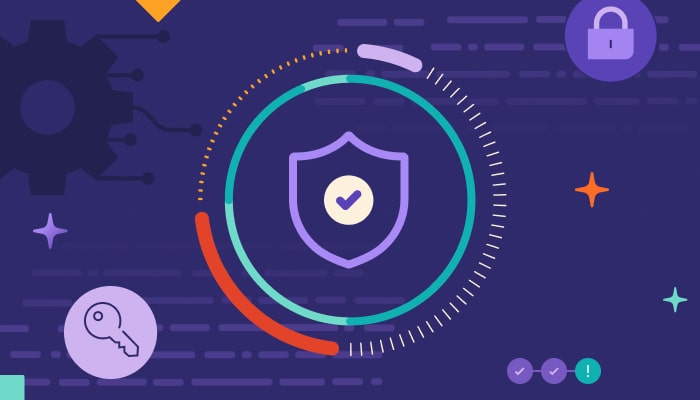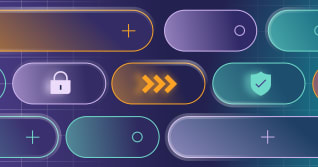Browse articles from Security

Recent posts

A comprehensive guide to GitLab DAST
DevSecOps teams can learn how to implement and configure dynamic application security testing, perform passive/active scans, and set security policies.

A developer's guide to building secure retail apps with GitLab
Learn how a DevSecOps platform helps retailers develop secure, compliant software for complex, high-traffic retail environments.

GitLab uncovers Bittensor theft campaign via PyPI
GitLab's Vulnerability Research team identified a supply chain attack campaign using typosquatted PyPI packages to steal cryptocurrency from Bittensor wallets by hijacking staking operations.

Securing AI together: GitLab’s partnership with security researchers
Learn how GitLab collaborates with security researchers to identify and defend against emerging threats.

How to transform compliance observation management with GitLab
Learn how GitLab's Security Compliance team improved observation management using the DevSecOps platform, enhancing visibility, collaboration, and accountability.

Software supply chain security guide: Why organizations struggle
Part 1 of this new series explores fundamental challenges, practical solutions, and emerging trends, including AI, that every development team needs to understand.

Bridging the visibility gap in software supply chain security
GitLab 18.2 includes support for comprehensive scanner coverage and transitive dependency visualization.
Find out which plan works best for your team
Learn about pricingLearn about what GitLab can do for your team
Talk to an expert

